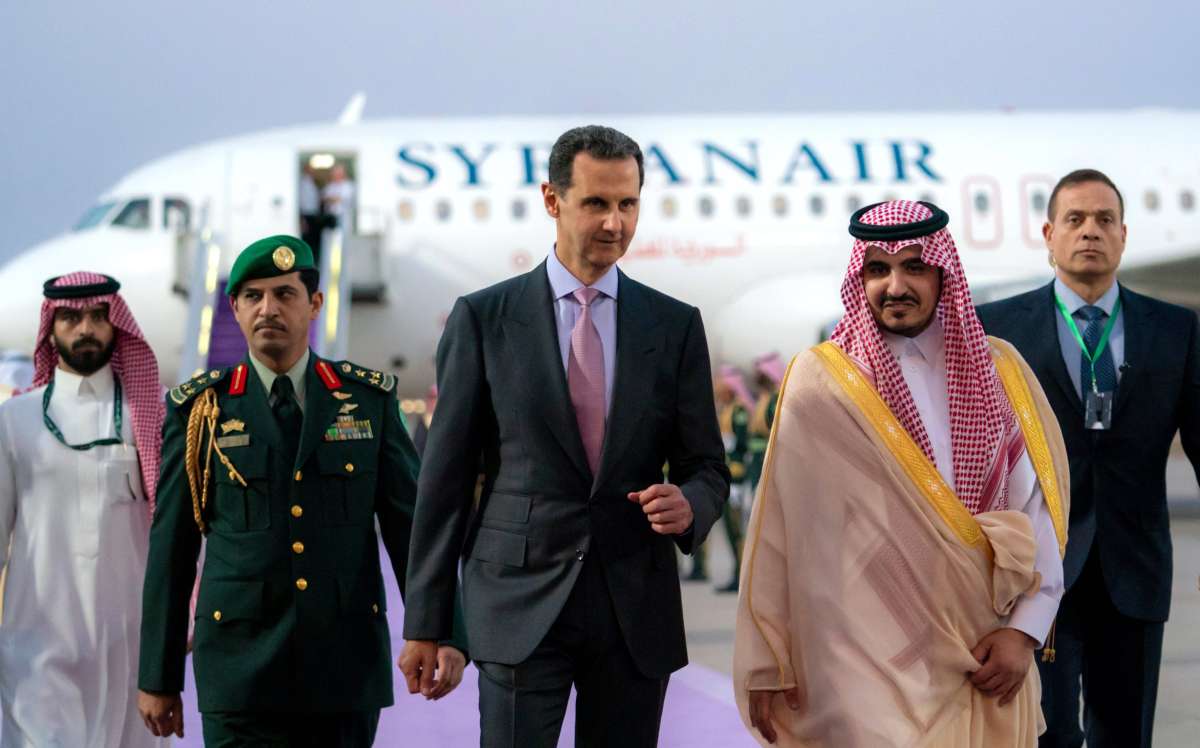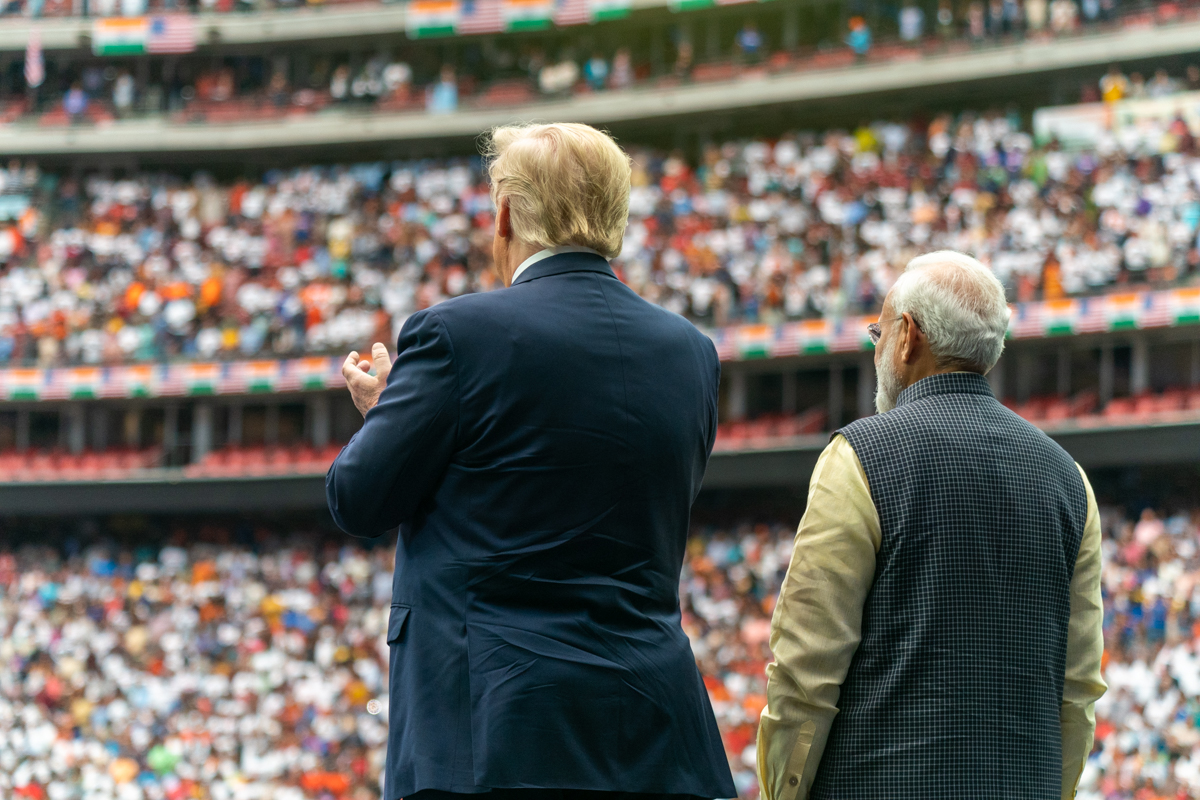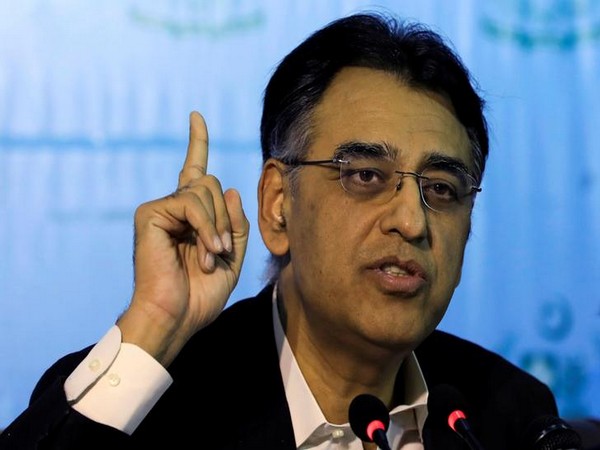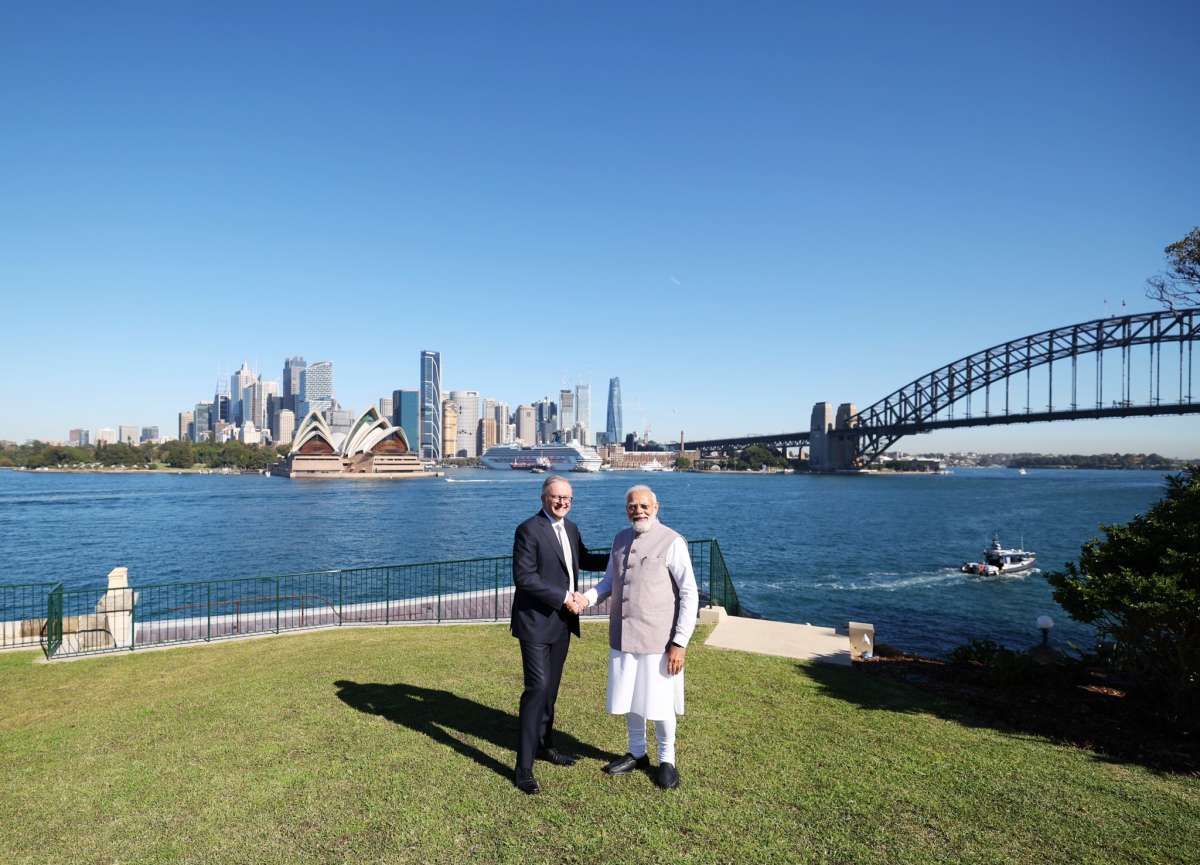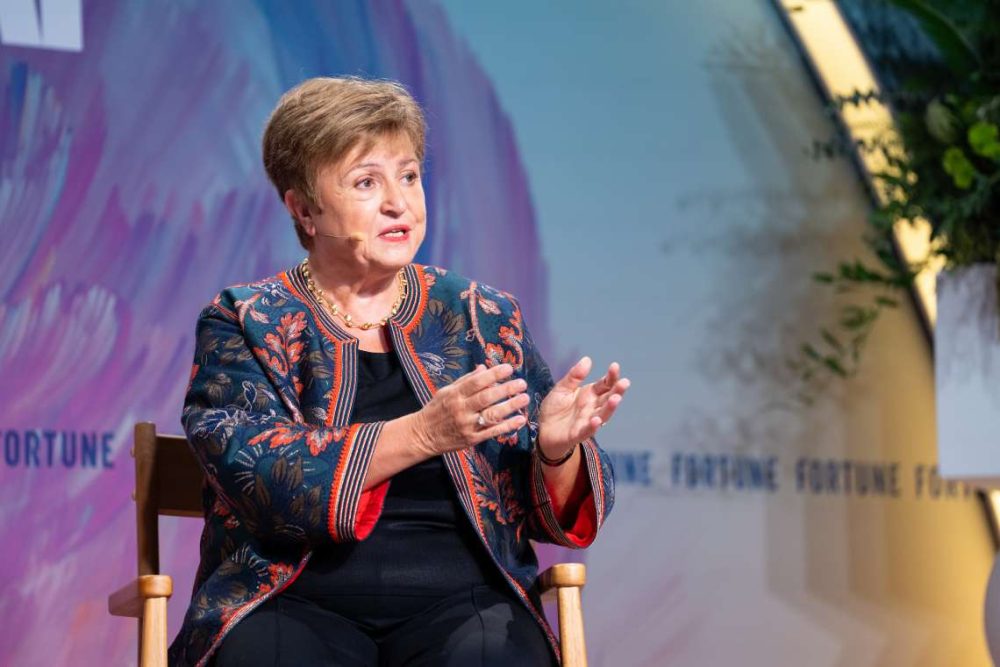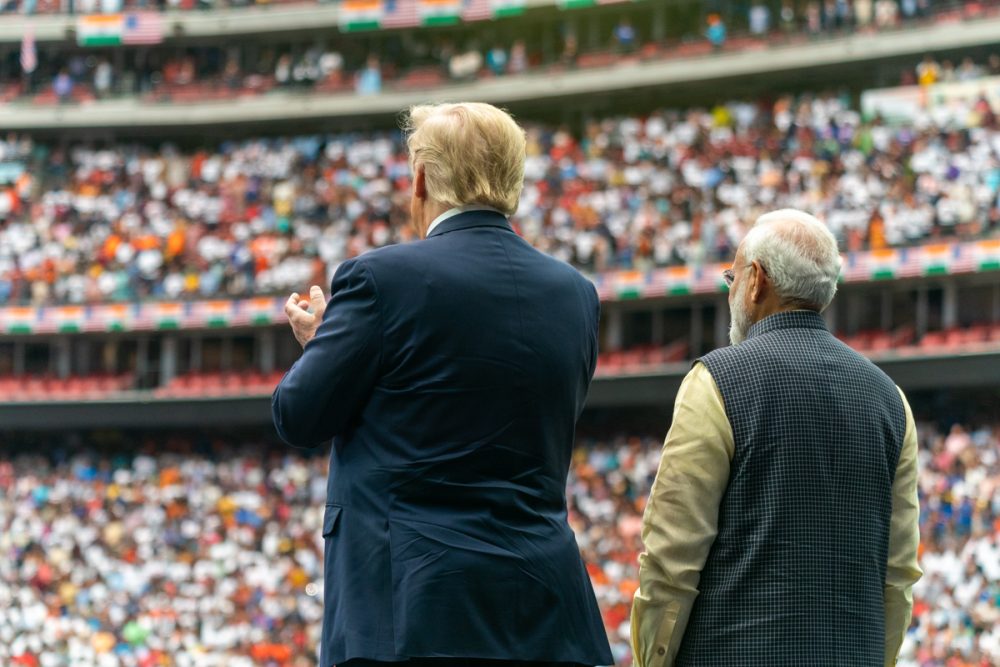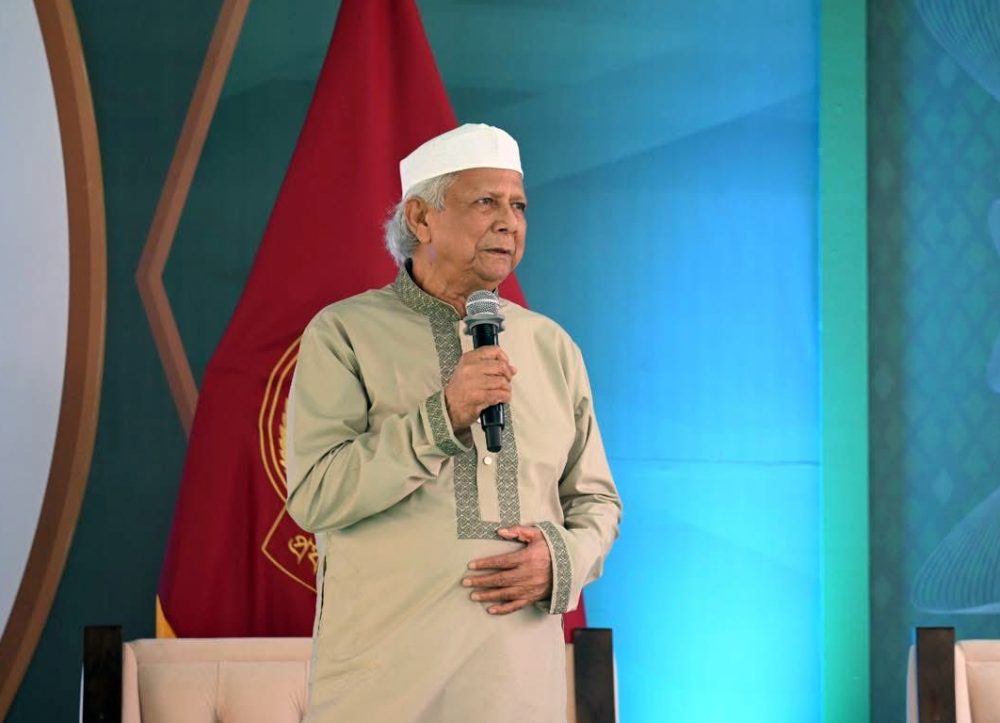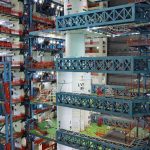With US pitted firmly against Russia currently, Syria’s rehabilitation is yet another reflection of states like Saudi Arabia exercising strategic autonomy, writes Aditi Bhaduri
On May 7, the League of Arab States admitted Syria back into its fold, following its suspension more than 12 years ago, after the outbreak of the Syrian Civil War. The move came in the wake of the Arab ministerial meeting in Amman, where foreign ministers from Jordan, Iraq, Saudi Arabia, and Syria itself. A liaison committee including Jordan, Lebanon, Iraq, Egypt, Saudi Arabia will follow up “the implementation of the Amman Declaration and to continue direct dialogue with the Syrian government to reach a comprehensive solution to the Syrian crisis that addresses all its consequences, according to a step-by-step methodology,” a statement issued by the Arab League said.
Syria had been thrown out of the Arab League in 2011 following the government’s military confrontation against protestors at a time when the so called “Arab Spring” was sweeping across the region, and which sparked a brutal fratricidal war resulting in the deaths of at least half a million people and the displacement of millions of others, generating a staggering refugee crisis.
The move also comes after the March 2023 China brokered peace deal between Iran and Saudi Arabia, and which must have eased the path towards Syria’s rehabilitation as during the civil war Iran supported the Bashar Al Assad headed Syrian government while Saudi Arabia and other Arab states supported opposition and rebel fighters, some of whom are today identified as terrorist groups proscribed by the United Nations.
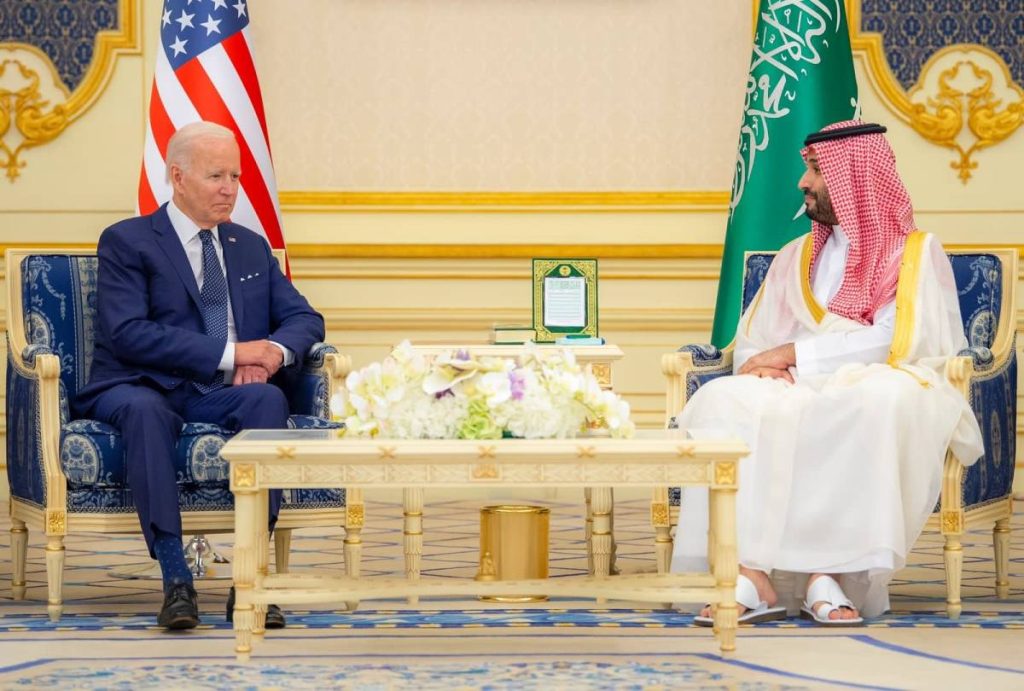
Following the Iran-Saudi truce, Syrian Foreign Minister Faisal Mekdad visited Saudi Arabia, on the first such visit since the start of the Syrian war, which was soon followed up by a reciprocal visit by Saudi Foreign Minister Prince Faisal bin Farhan to Damascus. Saudi Arabia has also invited President Bashar Al Assad to the kingdom to attend the 19th May Arab League summit meet to be held in Jeddah.
While the Iran-Saudi truce has made it easier for Syria’s rehabilitation within the League, reconciliation with Arab states has been an ongoing process for a while now. While states like Saudi Arabia, Qatar, UAE, Jordan had allied themselves with anti-Assad groups in the initial years of the Syrian civil war, the actual establishment of an ISIS caliphate, almost on the borders of the oil rich sheikhdoms, albeit temporarily, the different dangers spilling over from that war as well as the Arab Spring– refugee crisis, drug smuggling, human trafficking, lawlessness and terrorism from a regime change in Libya, the rise and spread of the Muslim Brotherhood and its ideology in the region, the attacks within the Kingdom of Saudi Arabia and the UAE by ISIS – all caused a rethink. Added to it was the diminished US role – and it may be argued even disinterest in the region – acted as further catalyst for the future reconciliation with Assad ruled Syria.
The Saudis and Emiratis intervened in the Yemen civil war, following a similar US refusal to intervene, as well as that of the Arabs’ old pals like Pakistan. The result was that they were caught in a quagmire with no exit in sight while the Iran backed Houthi rebels continued their onslaught. The Arabs realized they needed a regional strategy, which did not exclude making peace with Israel either, or reaching out to those on the other side of the divide like Turkey and Iran.
Since at least 2019, Arab states had begun dealing with the situation pragmatically, reaching out to Syria by reopening their embassies or/and derive commercial gains through investment in the country’s reconstruction and Syria needs massive reconstruction. While Oman continued to maintain ties with Syria, Abu Dhabi reopened its Damascus embassy in 2018.
The 2019 Damascus International Trade Fair would be a good barometer to gauge the Arab mood regarding Syria. In spite of the sanctions slapped on by the USA against the country – the Ceasar Act was signed in 2019 – and, despite the threats of then US President Donald Trump to impose sanctions on the countries participating in it, the exhibition opened with a large Arab participation, especially from Oman, Kuwait, and the UAE. There was a significant increase in the number of companies that participated that year as compared to the one held the preceding year – an increase of 500 Arab and foreign companies according to Syrian government estimates.
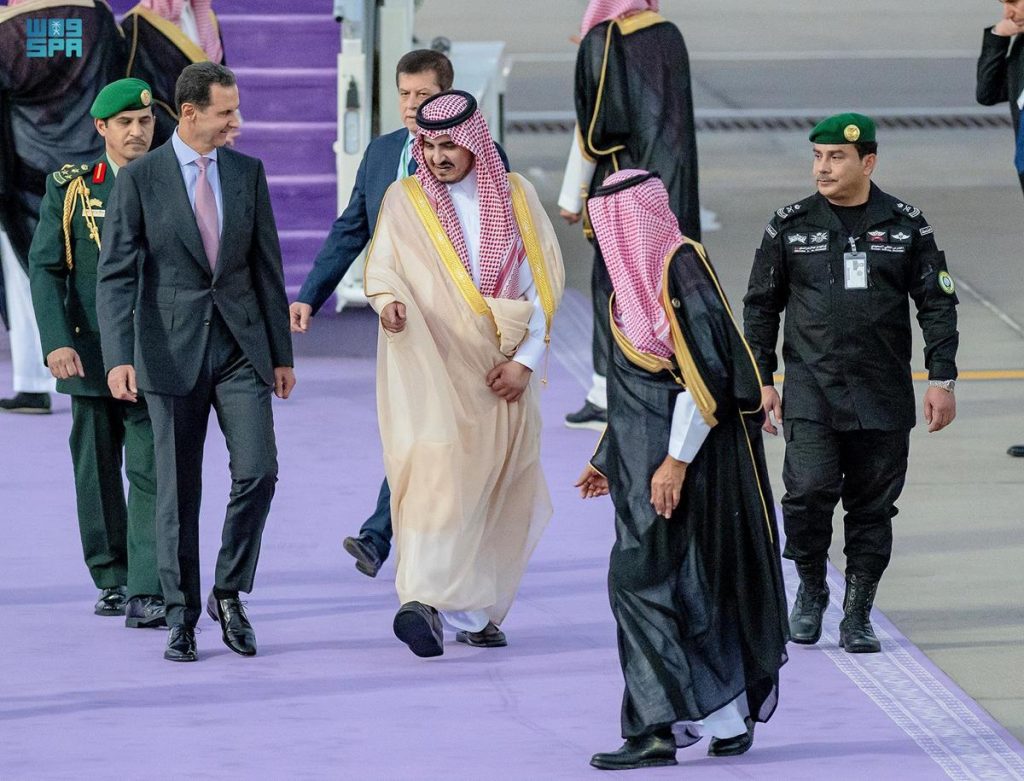
In November 2021, UAE Foreign Minister Abdullah bin Zayed al Nahyan visited Damascus, and in 2022 President Assad made his historic trip to the UAE – his very first to an Arab country since the outbreak of the Syrian war. It was the UAE that majorly facilitated the Arab reconciliation with Assad ruled Syria and the country’s return to the Arab League, which became inevitable. More importantly, as UAE Minister Anwar Gargash explained, an Arab role in Syria had become necessary to combat the growing influence of Turkey and Iran.
Syria’s re-admission to the Arab League is also symptomatic of the diminishing US influence in West Asia. The US majorly backed the Syrian opposition, arming the Free Syrian Army, which pitted it directly against Russia, which militarily intervened inside Syria, supporting the Assad government. The US slapped on a slew of sanctions on Syria, against the Assad family, military and government entities, as well as on Iranian and Russian entities that facilitated their governments’ support to the Syrian regime, and tried overtly and covertly to engineer regime change in Syria. When UAE Foreign Minister visited Damascus he broke with the American consensus to negotiate with Assad ruled Syria. When Assad visited Abu Dhabi, it came against the background of the Ukraine war, with the US and NATO firmly pitted against Moscow. US State Department spokesperson Ned Price said Washington was “profoundly disappointed and troubled by this apparent attempt to legitimize Bashar al-Assad…”.
For it was Russian and Iranian intervention in the war and Assad’s tenacious hold over power, his ability to crush Islamists, that had won the day for Assad. For the Arabs, neither America’s appeasement of Turkey, nor its ongoing feud with Iran was conducive for regional stability. Hence, the rapprochement with Iran, as the earlier outreach to Turkey. Yet, despite these outreaches, the threats continue to lurk beneath the surface, and Syria can provide a strong bulwark against them. Thus, Syria’s return to the Arab fold was simply a matter of time.
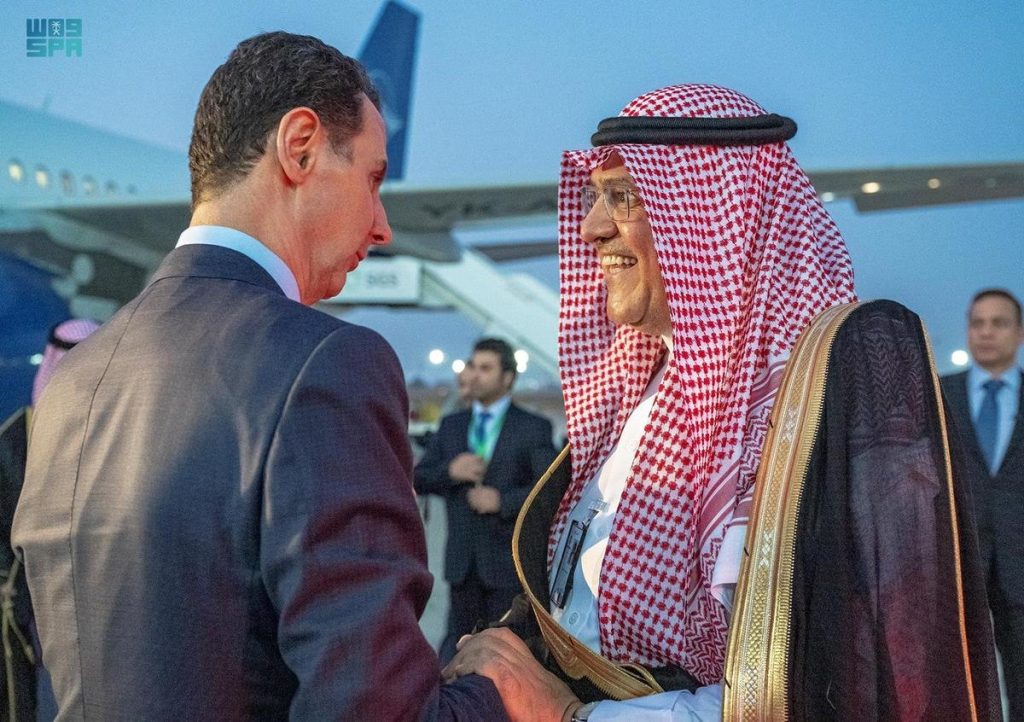
Primary for the countries of the region, especially the Gulf Cooperation Council states, is regime security, stability within its borders, and preservation of the nation-state. For countries like Saudi Arabia with a large youth population this first and foremost demands a stable neighbourhood, eliminating the external threat, and building bridges and forming new partnerships. The US has of course voiced its opposition to Syria’s reinstatement to the League. State Department spokesperson Vedant Patel told reporters that,“We do not believe that Syria merits readmission to the Arab League at this time, and it’s a point that we’ve made clear with all of our partners.” With US pitted firmly against Russia currently, Syria’s rehabilitation it is yet another reflection of states like Saudi Arabia exercising strategic autonomy.
What does it mean for India? India had continued to maintain ties with Syrian government right through the civil war, refusing to break diplomatic relations. It has sent humanitarian and other aid to Syria, hosted Syrian government officials, and has called for lifting of western sanctions from that country. Its position on Syria has been vindicated. Much of the non-Western world has also held a similar position, disregarding Western calls for a regime change. Much like it has in the Ukraine war, with Syria too the US and its western allies will find that they have an exaggerated sense of their influence in the world.


